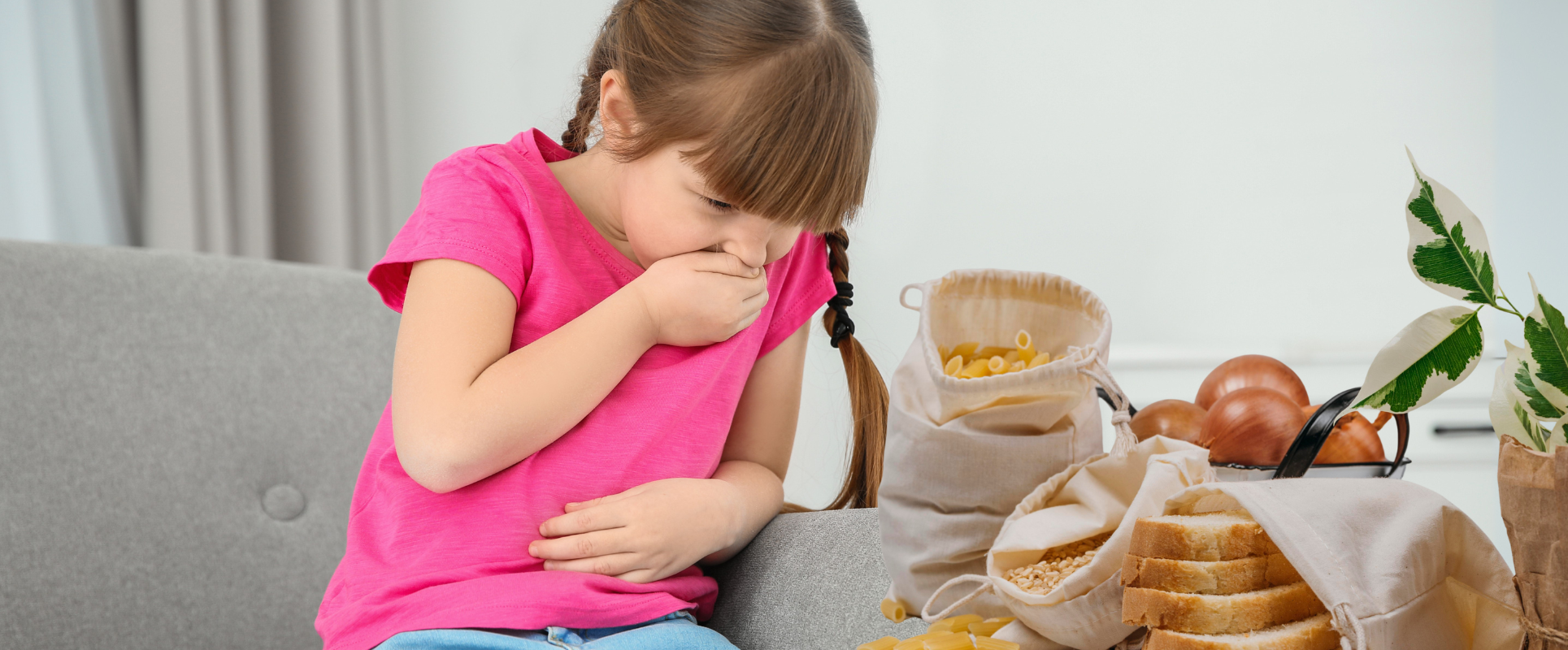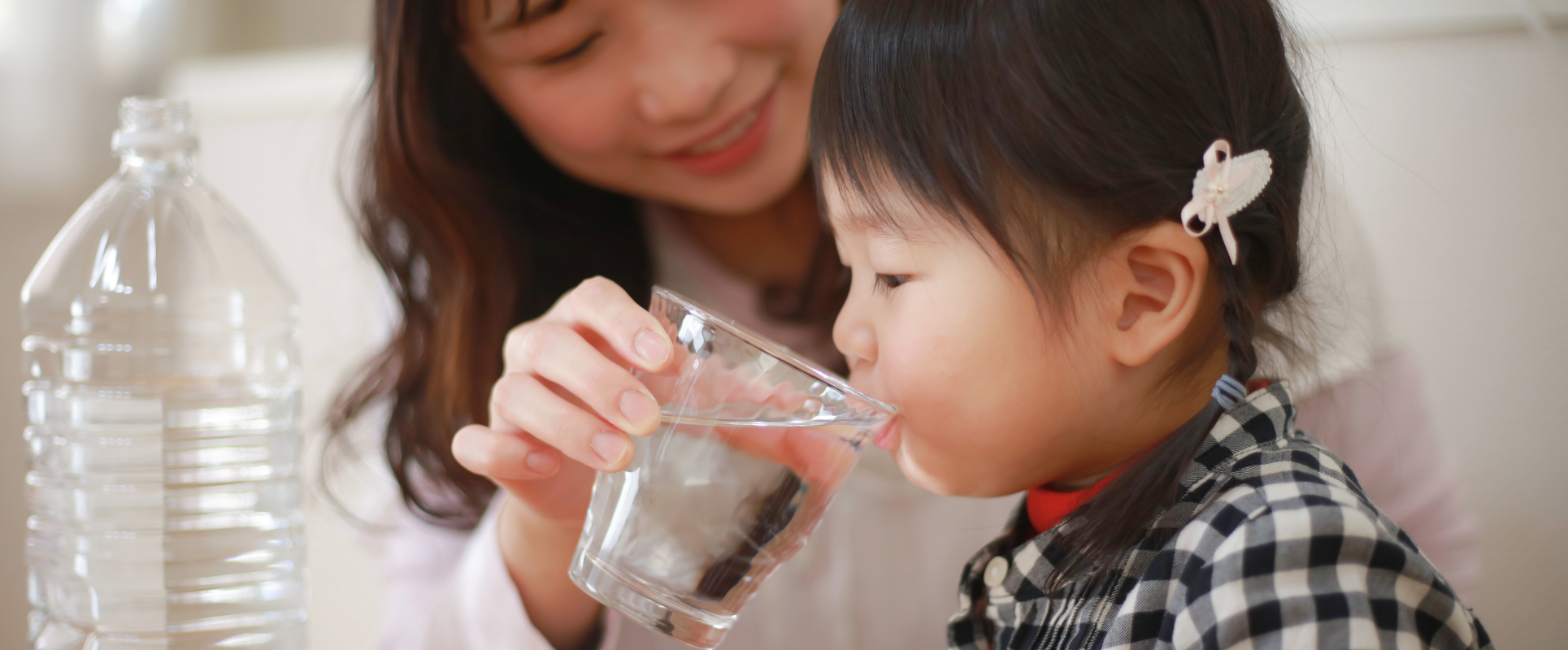
Food Poisoning in Children: Causes, Symptoms and How to Protect Your Little One
As parents, we do everything we can to keep our children safe. Yet sometimes, despite our best efforts, something as simple as a meal can make our little one ill. Food poisoning in children is more common than we’d like to think and when it happens, it’s frightening. But with understanding, gentle care and prevention, you can help your child recover quickly and stay safe.
What Is Food Poisoning in Children?
Food poisoning happens when a child eats food or drinks water contaminated with harmful bacteria, viruses or toxins. Because their immune systems are still developing, young children are especially vulnerable to more severe symptoms.
The most common causes include:
-
Salmonella – often found in undercooked eggs or poultry
-
E. coli – linked to undercooked meats or unwashed vegetables
-
Norovirus – highly contagious and often transmitted through contaminated surfaces or food
-
Campylobacter – found in raw milk or improperly cooked poultry
According to the CDC and WHO, children under five face the highest risk of serious illness from foodborne infections.
What Puts Children at Risk?
Children may get food poisoning from:
-
Undercooked or raw meat, eggs or seafood
-
Unpasteurized milk or juices
-
Unwashed fruits or vegetables
-
Poor kitchen hygiene
-
Unsafe drinking water
Risk increases with:
-
Immature immune systems (especially under age 5)
-
Shared spaces like daycare or preschool
-
Eating food left out too long, especially outdoors
Symptoms of Food Poisoning in Children
Symptoms can appear within hours or a few days of eating contaminated food. Watch for:
-
Vomiting or nausea
-
Diarrhea (possibly with blood)
-
Stomach pain or cramps
-
Fever
-
Weakness or fatigue
-
Poor appetite
🚨 Seek immediate medical help if your child:
-
Is unusually drowsy or unresponsive
-
Has a high fever (above 38.9 °C/ 102 °F)
-
Shows signs of dehydration (dry lips, no tears, fewer wet diapers)
-
Has bloody diarrhea or continuous vomiting
Gentle Home Care for Food Poisoning
In most cases, food poisoning in children is mild and goes away on its own. Your role is to help them stay hydrated and comfortable while their body recovers.
Here’s how you can help:
-
Hydrate gently: Offer small sips of water or an oral rehydration solution. Avoid juice and soda.
-
Rest is healing: Let your child rest quietly in a calm space.
-
Easy-to-digest foods: If they feel hungry, offer bland foods like banana, toast, rice or applesauce.
-
Watch closely: Monitor for signs of worsening or dehydration. Avoid giving anti-diarrheal medication unless your pediatrician advises it.
When to Call Your Doctor
Call your pediatrician if:
-
Vomiting continues for more than 12 hours
-
Diarrhea lasts over 48 hours
-
Your child has severe abdominal pain
-
They are unable to drink or keep fluids down
How to Prevent Food Poisoning
You can greatly reduce your child’s risk with safe food habits:
-
Wash hands before eating or preparing food
-
Cook food properly – especially meat, poultry and eggs
-
Avoid cross-contamination – separate raw meat from other foods
-
Wash fruits and vegetables before eating
-
Refrigerate leftovers promptly
-
Use clean drinking water
Safe food handling is a small act of care that protects your child in powerful ways.
Can Food Poisoning Have Long-Term Effects?
Most children recover completely. However, in some cases, severe foodborne illness can lead to:
-
Dehydration requiring hospitalization
-
Kidney issues, especially with E. coli
-
Digestive disturbances if gut flora are significantly disrupted
That’s why early care and prevention are so important.
Final Thoughts
At DabiDabi, we believe that nurturing goes beyond skincare — It’s about supporting the whole child. Food poisoning can be upsetting, but with gentle, informed care, you can help your little one recover and prevent future illness. Start with love, stay observant and don’t hesitate to seek support when needed.
Care for your child. Care for their future.
References
-
Centers for Disease Control and Prevention (CDC): https://www.cdc.gov/foodsafety/
-
Mayo Clinic: https://www.mayoclinic.org/
-
World Health Organization (WHO): https://www.who.int/news-room/fact-sheets/detail/food-safety
-
Acheson, D. "Foodborne Illnesses" in Nelson Textbook of Pediatrics








